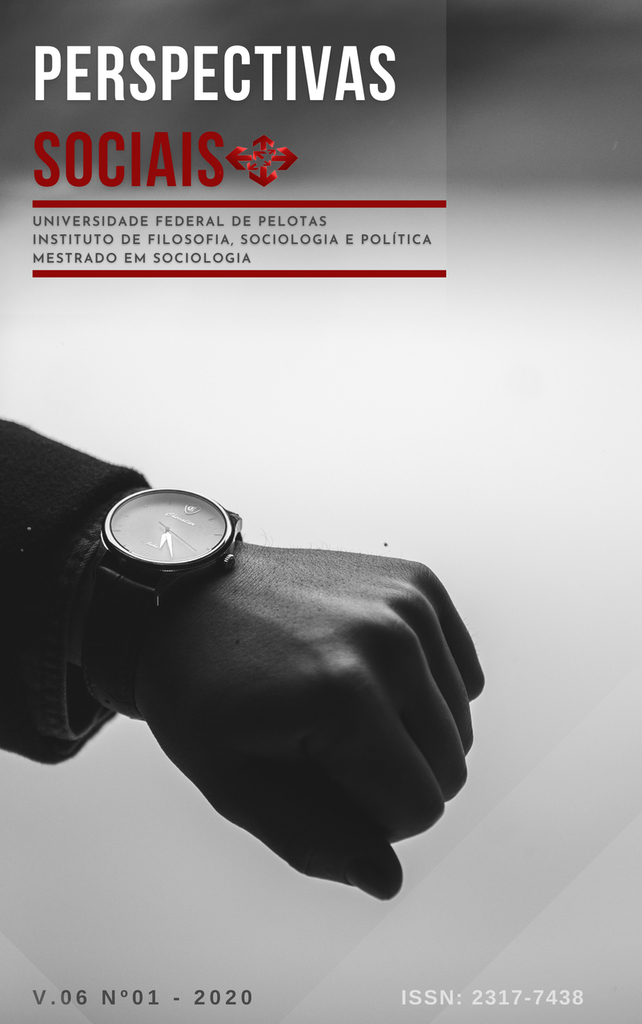THE THEORY OF EDUCATION IN JÜRGEN HABERMAS THOUGHT
BETWEEN THE AUFKLÄRUNG AND THE GRAND HOTEL ABRUNDG
Abstract
Maybe one of the greatest Habermas' merit has been to put back into the agenda the meaning and the sense of Modernity project to the West, and how it unfolds in the contemporary world. It will be understood that such project concerns on a particular type of conception and worldview, determined by the organic intellectuality from the new dominant classes, wich had in the theoretical-practical, as well as sociocultural and ethical-political framework, the Constitutive process of Renaissance. It was a new worldview that used to choose the humanism as the center of human relations and its development. One can say that such process unfolded to the Illustration, from which were forged the kingdom of reason and the possibility of constituting a humanist project of emancipation, essentially based on science, from that humanity would achieve autonomous majority. However, such processes only found their objective-material and subjective-spiritual concreteness in the constitutive processes that forged the Bourgeois Revolutions of the 18th and 19th centuries. Thus, the nascent social culture was determined itself in praising the world of humans and, therefore, in the human capacity to give rational answers to their most varied needs, including and fundamentally the imperative need for emancipation.

